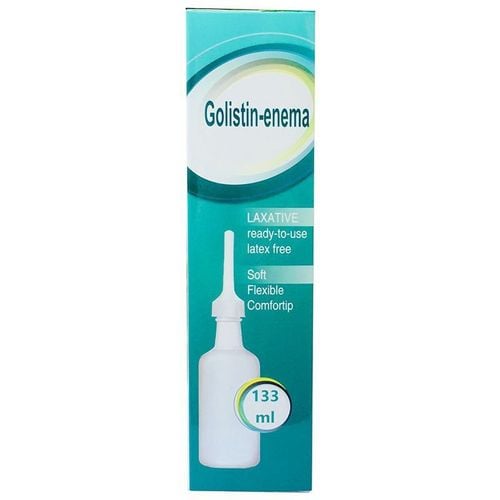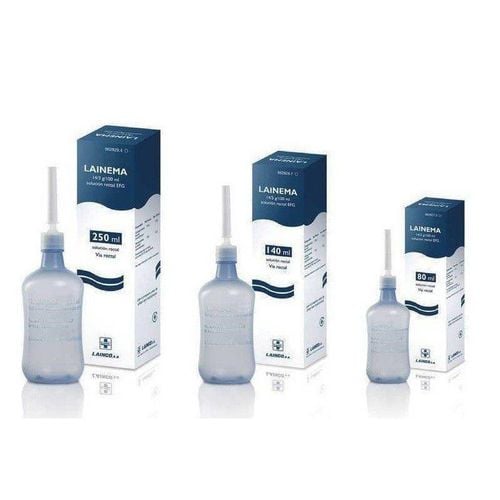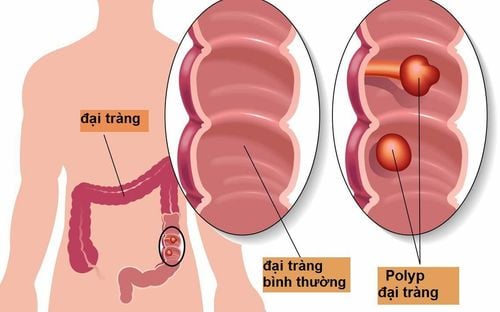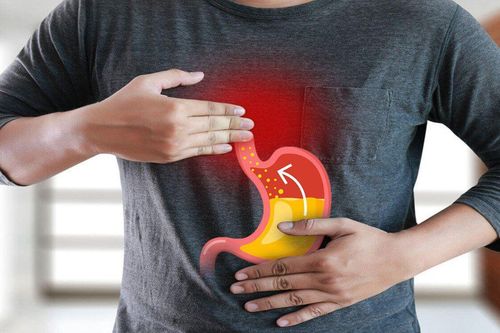This is an automatically translated article.
The article was professionally consulted by Specialist Doctor I Dong Xuan Ha - Gastroenterologist - Department of Medical Examination and Internal Medicine - Vinmec Ha Long International Hospital.1. Colonoscopy Overview
Colonoscopy (also known as lower gastrointestinal endoscopy) is a medical technique conducted for the purpose of detecting abnormalities in the large intestine and rectum, and assisting in the diagnosis. Diagnosis and treatment of colorectal diseases.Currently, colonoscopy is considered the most reliable and effective method for diagnosing polyps and colon cancer.
There are 2 main colonoscopy methods applied in medical facilities: anaesthesia endoscopy and non-anesthesia endoscopy. Each method has its own advantages and disadvantages.
1.1 Colonoscopy without anesthesia Advantages Much cheaper cost than anaesthesia endoscopy Safe for patients, avoiding anaphylaxis or allergic reactions to anesthetics,... After internalization The patient was fully awake and normal.
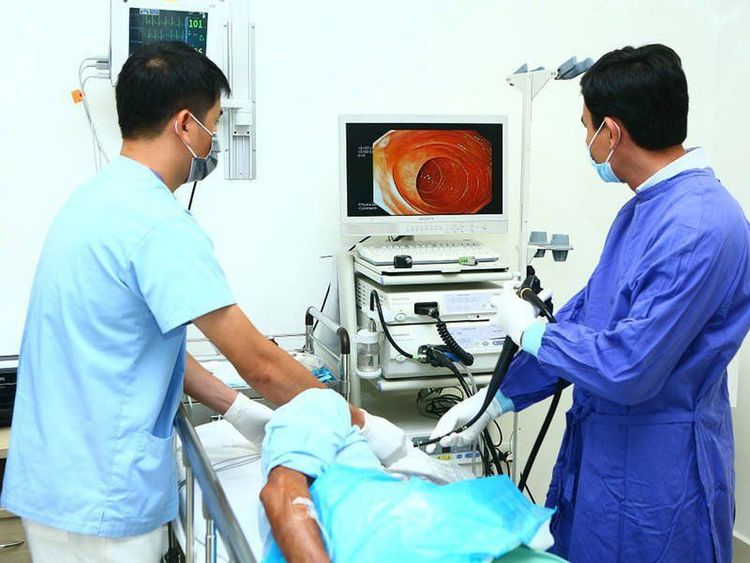
2. When should a colonoscopy be done?
Patients need to go to medical facilities to be examined and consulted about conducting colonoscopy if one of the following symptoms appears:Frequent abdominal pain. Change in bowel habits, become irregular, constipation or persistent diarrhea. Weight loss is uncontrolled and for no apparent reason. In case of anemia, iron deficiency, small red blood cells, the cause has not been identified. There is blood in the stool when defecating, when testing for red blood cells in the stool is positive. The patient has a history of polyps or colon cancer. People with Crohn's disease, chronic ulcerative colitis. In addition, anyone who needs to be screened for colon diseases can have a colonoscopy.
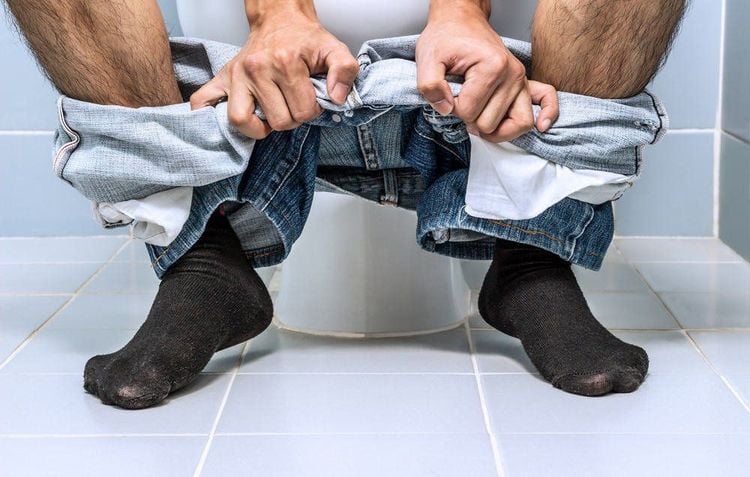
3. What to prepare for colonoscopy?
For colonoscopy to give the most accurate results, patients need to note a few things before performing a colonoscopy, namely:
3.1 Diet Colonoscopy should be done when The colon is clean, so for about 2-3 days before the colonoscopy, the patient should eat foods that are easy to digest and low in fiber such as rice, bread, eggs, lean meat, seedless fruits..
At the same time, avoid and limit foods such as fruits with seeds or shells, high-fat foods,...
On the day before the colonoscopy, the patient needs to drink a lot of filtered water and should not eat hard, solid foods or water with purple, red, blue blood... In particular, the patient should not fast for 2 hours before the endoscopy.
3.2 Colon cleansing Patients will be prescribed by the doctor to take strong laxatives to clean the digestive tract the night before the colonoscopy. Depending on the medical facility, the method of implementation may be different, for example, using an enema or enema with the use of drugs through the anus.
After using the drug, the patient needs to fast completely, but if you feel hungry, you can drink sugar water. Patients may have to go to the toilet many times but do not need to worry because this is due to the effect of the drug.
4. Colonoscopy process
First, the doctor will conduct an examination to see if there are any lesions inside the patient's anus. If there is, it will be treated immediately to avoid causing infection. The doctor will ask the patient to lie on their left side and slowly insert the endoscope through the anus. Patients should immediately notify the doctor if the pain is unbearable. The image processed and converted from the signal received from the endoscope will be displayed on the screen so that the doctor can easily observe and have a basis for diagnosis. Endoscopy usually takes about 15-30 minutes and after 1-2 hours, the patient with anesthesia can be discharged from the hospital.5. Some notes after colonoscopy
Usually, patients are advised to stay in the clinic for a maximum of 2 hours to wait for the effects of the anesthetic or sedation medication to wear off. After the colonoscopy, the patient can return to normal activities.Some cases may appear complications after colonoscopy such as:
Severe abdominal pain Bowel movement High fever, vomiting Dizziness, dizziness Weak body Bloody stools As soon as possible Unusual symptoms, the patient should immediately contact the doctor for timely intervention.
Colonoscopy helps detect abnormalities in the large intestine and rectum, and also helps screen for colon cancer. Therefore, when there is doubt, the patient should go to reputable medical facilities to conduct colonoscopy, thereby detecting the disease early and having appropriate treatment.
Please dial HOTLINE for more information or register for an appointment HERE. Download MyVinmec app to make appointments faster and to manage your bookings easily.






